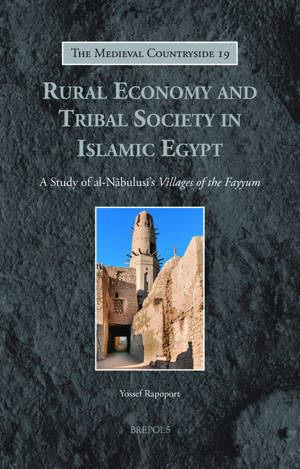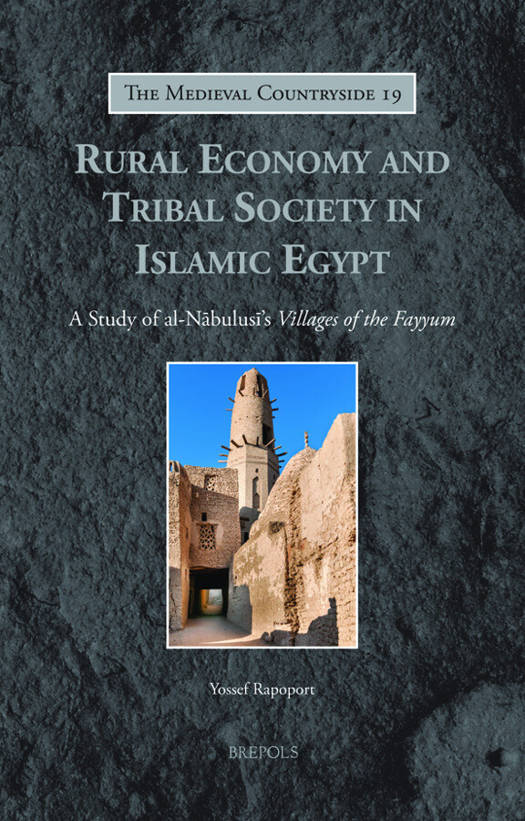
- Afhalen na 1 uur in een winkel met voorraad
- Gratis thuislevering in België vanaf € 30
- Ruim aanbod met 7 miljoen producten
- Afhalen na 1 uur in een winkel met voorraad
- Gratis thuislevering in België vanaf € 30
- Ruim aanbod met 7 miljoen producten
Zoeken
Rural Economy and Tribal Society in Islamic Egypt
A Study of Al-Nabulusi's 'Villages of the Fayyum'
Yossef Rapoport
Hardcover | Engels
€ 106,00
+ 212 punten
Omschrijving
The Villages of the Fayyum is a unique and unparalleled thirteenth-century Arabic tax register of the province of the Fayyum in Middle Egypt. Based on this tax-register, this book utilises quantitative research methods and spatial GIS analysis to provide a rich account of the rural economy of the medieval Fayyum, the tribal organization of the village communities, and their rights and duties in relation to the military landholders. It also draws on the rich documentary evidence of the Fayyum, which stretches back to the Greco-Roman and early Islamic periods, to trace the transformation of the Fayyum into a Muslim-majority and Arab province. This volume thus offers a radically new perspective on the social and economic history of the medieval Islamic countryside. It makes a major contribution to the history of Islamic Egypt, its rural economy, and to our understanding of taxation and administration under the Ayyubids. Most importantly, its argument for the metamorphosis of the Coptic peasantry into Muslim and tribal Arab society has profound implications for Middle Eastern history in general, and challenges our modern concept of Arab identity.
Specificaties
Betrokkenen
- Auteur(s):
- Uitgeverij:
Inhoud
- Aantal bladzijden:
- 288
- Taal:
- Engels
Eigenschappen
- Productcode (EAN):
- 9782503575186
- Verschijningsdatum:
- 30/11/2018
- Uitvoering:
- Hardcover
- Formaat:
- Genaaid
- Afmetingen:
- 170 mm x 239 mm
- Gewicht:
- 657 g

Alleen bij Standaard Boekhandel
+ 212 punten op je klantenkaart van Standaard Boekhandel
Beoordelingen
We publiceren alleen reviews die voldoen aan de voorwaarden voor reviews. Bekijk onze voorwaarden voor reviews.











